STEM Identity Development
Analyzing STEM Identity development within historically marginalized communities contributes to redefining STEM to be demographically holistic and inclusive
The purpose of this study is to investigate student STEM identity through interviews with underrepresented minority secondary aged students at a public charter STEM school (ages 11-18).This study aims to increase the growing literature on the factors that influence STEM identity for historically underrepresented minority (URM) populations that were traditionally excluded when educational curriculum was produced. Therefore, we want to recognize and include the experiences of students from these backgrounds in the way that STEM curriculum is developed. To do so, this study proposes exploring how students define STEM and how they do or wish to participate in STEM spaces, both of which impacts their development of their STEM identities.
PROJECT TEAM
FUNDERS
This work was supported by the National Science Foundation (1941524) through the ASPIRE Engineering Research Center.



